JavaScript is a popular programming language for front-end development. It allows developers to design beautiful user interfaces for websites and web applications with various features and functionalities.
JavaScript is widely used as a client-side scripting language for web browsers. In web applications, JavaScript implements features like making asynchronous requests to server using Ajax, changing the structure of web pages on-the-fly and more. Moreover, it is also used on the server-side as well.
JavaScript frameworks have tremendous importance in web application development. JavaScript MV* frameworks offer features like two-way data binding, event handling, DOM manipulation, DOM traversal, AJAX support, cross-browser support and more. All this makes web programming a breeze. Apart from popular JavaScript frameworks and libraries, such as YUI, MooTools and jQuery, modern developers have a variety of options to choose from a range of JavaScript frameworks. Over the last decade, we have a witnessed a remarkable rise in the new releases of several JavaScript frameworks. Moreover, MEAN technology, a full-stack JavaScript solution, is also quite popular for web development. All this has caused several JavaScript frameworks to appear in the market.
So, here I am compiling a list of 15 JavaScript frameworks that are currently trending in the community of developers. Alright, so check out this list of 15 Best JavaScript Frameworks.
1. Angular.js
Angular.js is a popular front-end JavaScript framework for client-side web development. It is widely used for developing dynamic single-page applications and websites. Some of its useful features include data binding, extending HTML vocabulary, client-side form validation and more. A lot of applications and websites are built using Angular.js, such as Zaptravel, betrend, WhichAirline.com and font dragr.
Also See: 15 Best Resources for Developers to Learn AngularJS
2. Backbone.js
Backbone.js is a simple JavaScript framework used for developing structured single-page applications and complex user interfaces. It is helpful for data structuring while designing client-side, web applications using JavaScript. A range of applications are built using Backbone.js, including BitTorrent, FourSquare and Pinterest.
3. Ember.js
Ember.js is a web application framework using Handlebars templates and web components to allow the development of feature-rich applications. Ember.js is used on several websites, such as Live Nation, Chipotle and Nordstrom.
4. Knockout.js
Knockout.js is a simple Javascript framework based on model-view-viewmodel (MVVM) architecture design pattern. It is widely used for creating responsive display and editor user interfaces. Some of its major features include automatic dependency tracking, declarative binding and templating.
5. Responsive
Responsive is a front-end framework for developing responsive websites. It has some useful built-in features, such as right-to-left language, touch and accessibility support. Responsive is a modern framework built with jQuery and Saas.
Also Check: 6 Tips for Becoming a Better JavaScript Developer
6. scaleApp
scaleApp is a front-end JavaScript framework based on a decoupled, event-driven architecture. The framework is ideal for developing scalable single-page applications. scaleApp offers features, such as loose coupling of modules, flow control, browser and Node.js support and more.
7. Spine
Spine.js is a JavaScript framework based on model-view-controller (MVC) application design architecture. Spine is inspired from Backbone.js and supports lightweight controller implementation. Its library is written in CoffeeScript and its only dependency is jQuery. Spine boosts of some useful features, such as asynchronous server communication, decoupled components and CommonJS modules, multiple browser support and more.
8. Stapes
Stapes is a lightweight JavaScript framework ideal for mobile application development. Stape is based on an MVC design pattern and works with any JavaScript library. It offers 20 methods in all for class creation, custom events and data.
9. Meteor
Meteor is an open-source JavaScript framework for web and mobile application development. A lot of applications are built using Meteor, such as Cintrifuse, Assistant and Liquid.
Also Read: 10 Crucial Habits for JavaScript Developers & Designers
10. Flight
Flight is a JavaScript web framework from Twitter based on event-driven architecture design. It is used by Twitter for building its web applications. Flight is a component-based framework that allows mapping behavior to DOM nodes.
11. Aurelia
Aurelia is a modern framework for client-side web, desktop and mobile development. Aurelia is composed of smaller, focused modules that allow developers to build a custom solution or use it as full-fledged framework.
12. Durandal
Durandal is a robust single-page application framework written in JavaScript. It allows developing applications that support multiple platforms and devices. Durandal offers great features, such as navigation and screen state management, custom and templatable widgets, app bundling and more.
Must See: 16 Online JavaScript Editors for Web Developers
13. Matreshka
Matreshka is an event-driven JavaScript framework for developing single-page applications. The framework implements two-way data binding by using bindNode method. Matreshka offers the object-oriented approach based on the classes.
14. Famous
Famous Framework is a modern JavaScript framework based on a new architecture design pattern called as BEST, which stands for behavior, event, state and tree. The framework allows creating reusable, composable and interchangeable UI widgets and applications.
15. Vanilla JS
Vanilla is a cross-platform JavaScript framework based on prototype-based object system. It is lightweight, fast and has native support for HTML 5. Vanilla is used on a lot of popular websites, such as Facebook, YouTube, Microsoft, Google and more.
Conclusion:
JavaScript frameworks are open-source and free which is why they are used on a large-scale by several developers and companies. Some of these frameworks offer limited features but they are extensibe. You can integrate the plugins to gain additional functionality. There are hundreds of JavaScript frameworks available on the market. We will also see some more new releases of advanced frameworks with additional features in anytime in the near future.
I hope you must have found this list useful. Do you want to add some more names to the list? You can do so by mentioning the names of some more popular JavaScript frameworks in the comments box below. Thank You.




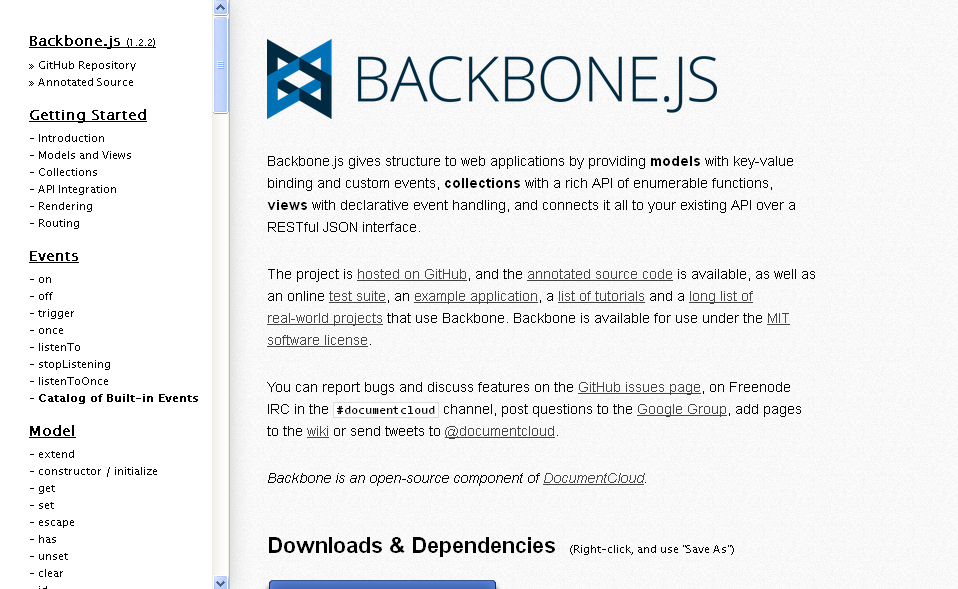
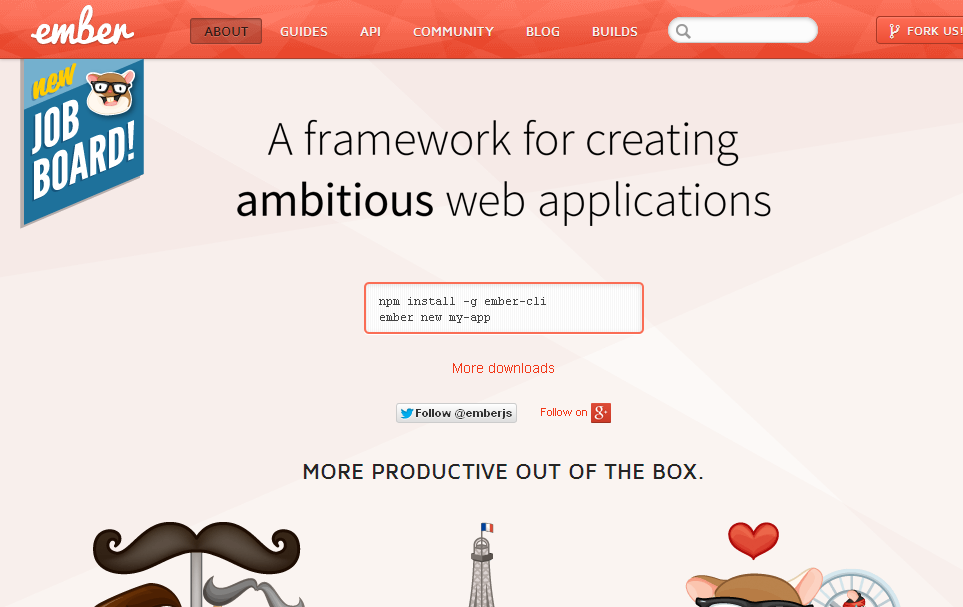

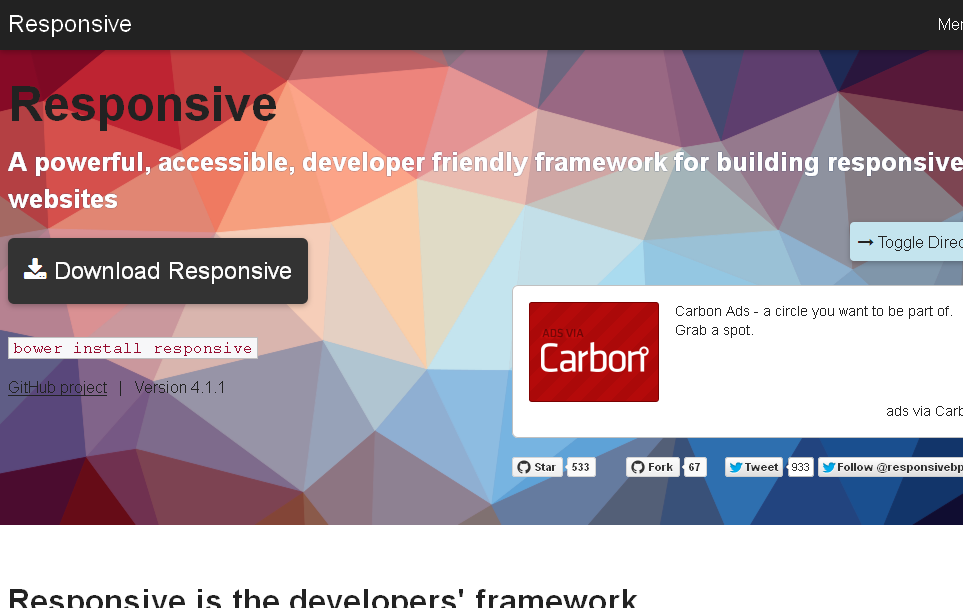
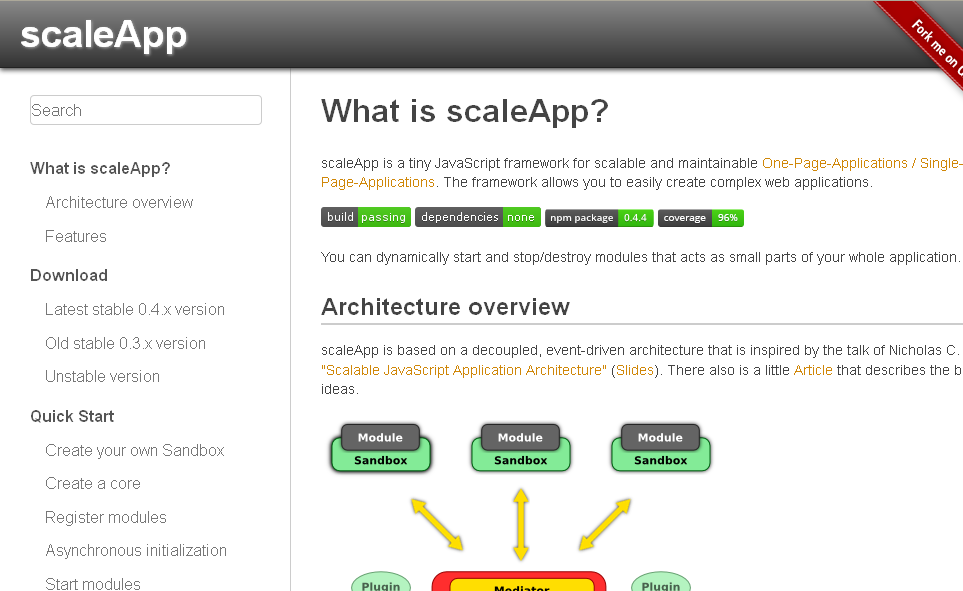
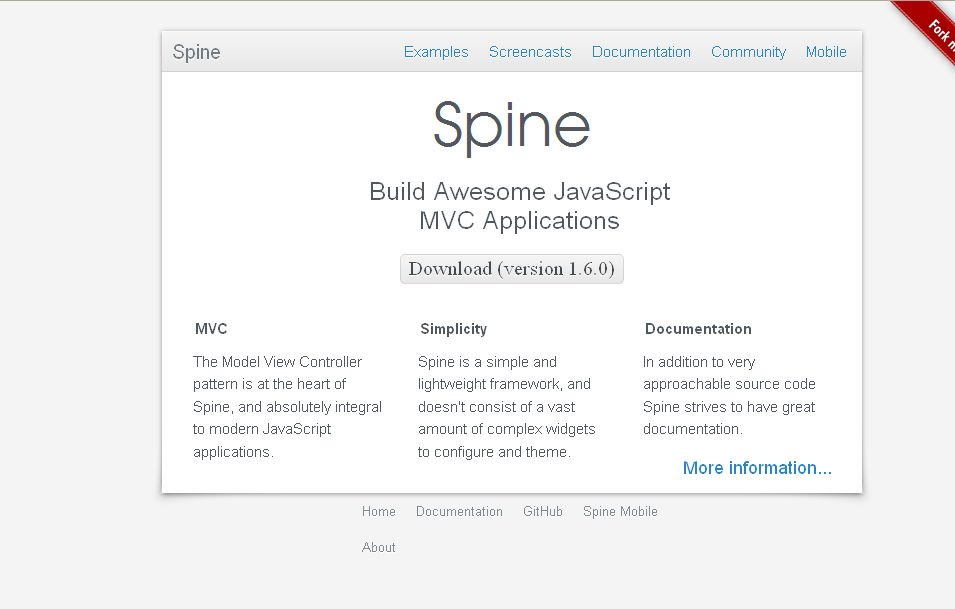
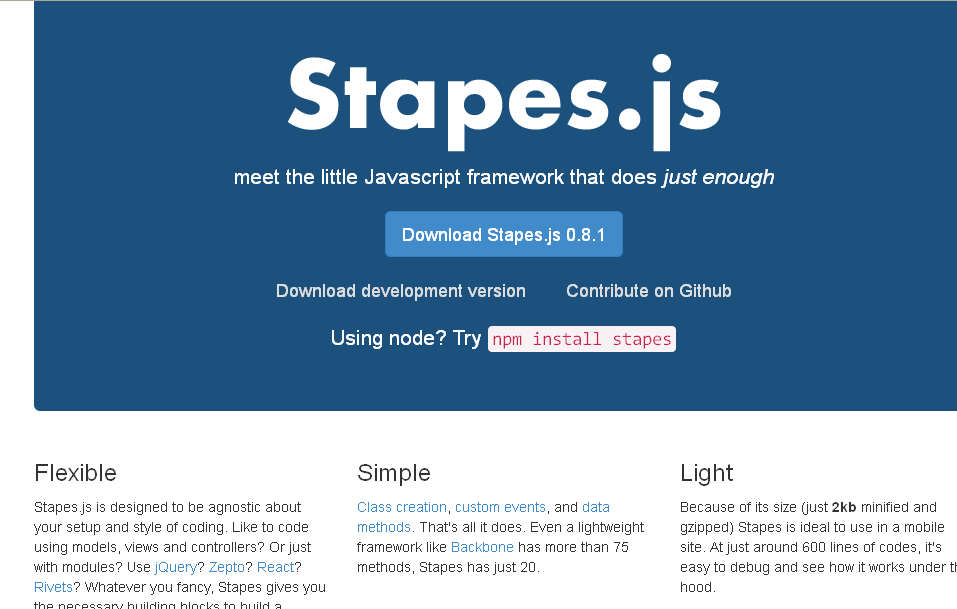
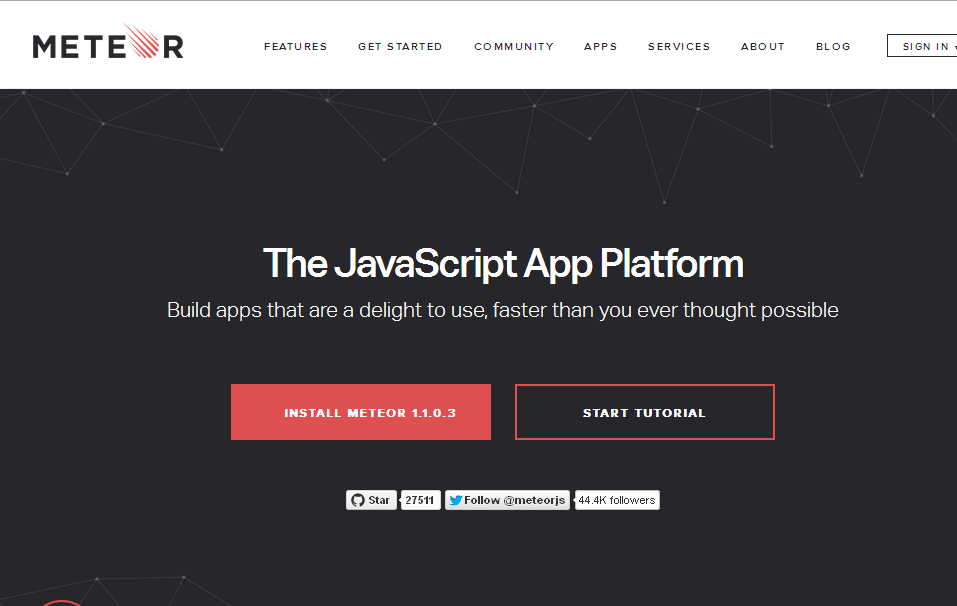
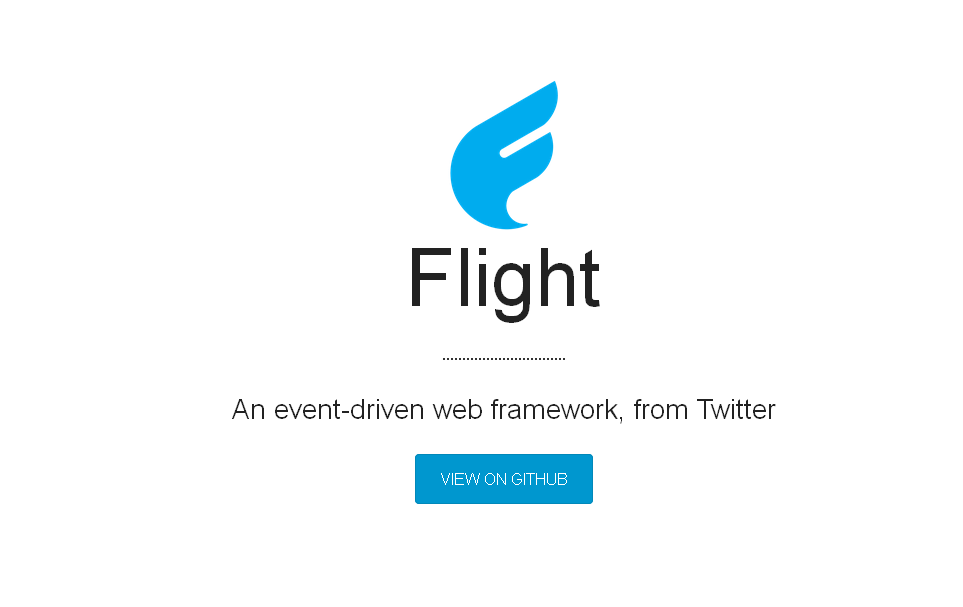
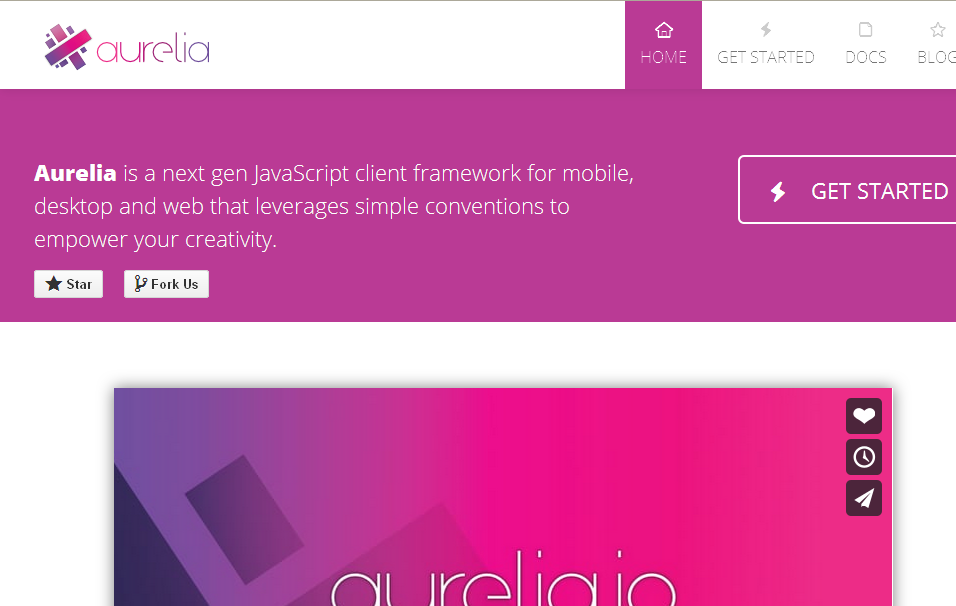
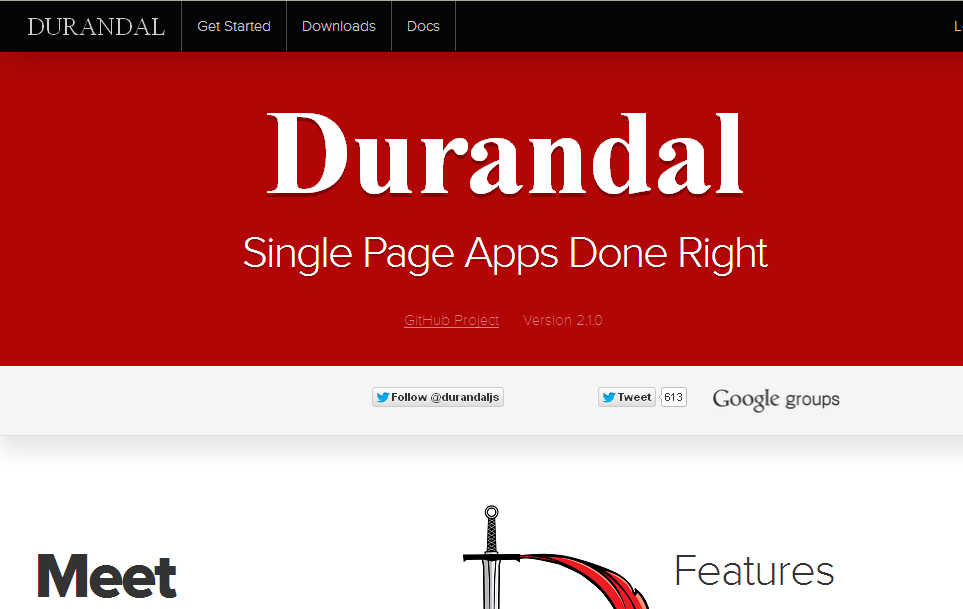

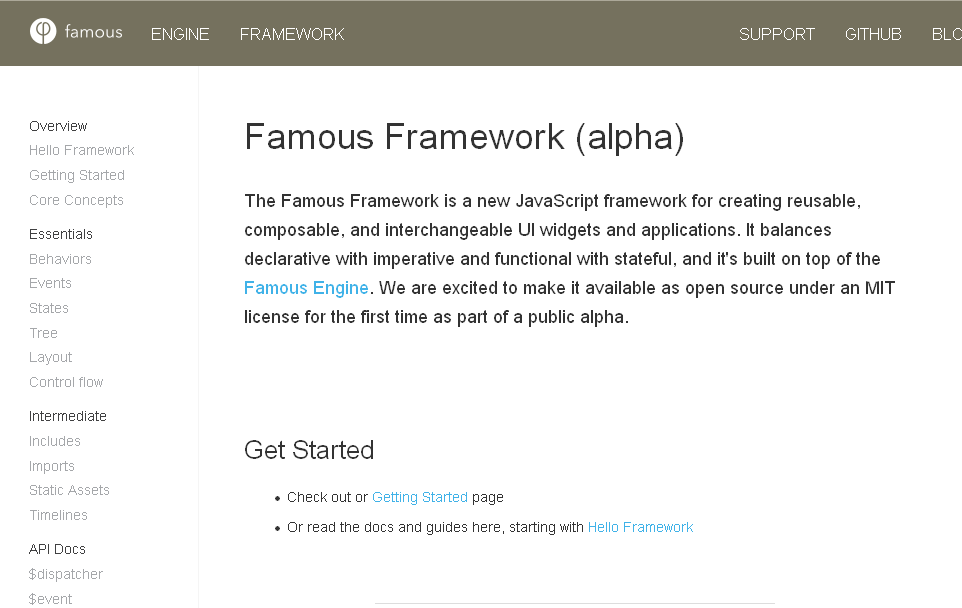
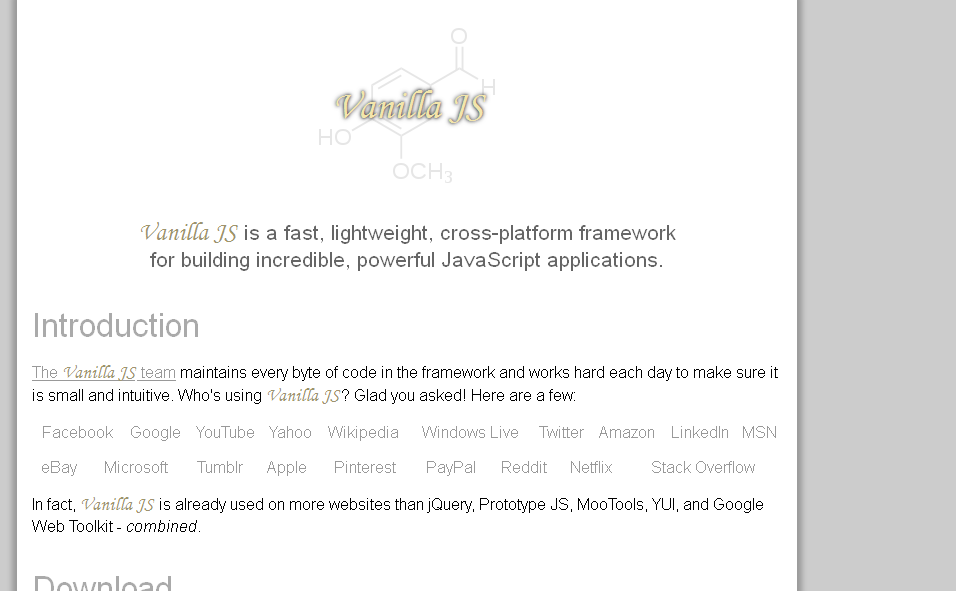
This article is somewhat misleading for people looking for information about js frameworks. The javascript world moves terribly fast and many of the frameworks listed in this article have lost their shine and has had to give way to others.
And Vanilla.js? I like that page very much, but seriously. You can’t really list it amongst javascript libraries since it’s just a statement that javascript already has loads of functionality without frameworks. It’s always an empty js file.
And maybe most importantly where is react?
Hey Magnus,
I agree with you on this, the site was recently (well, not that recently anymore) passed on from me to new owners and they’re still trying to learn the ropes of how things work around here, I have been pretty diligent in my mentoring work so I’m sure they’ll appreciate feedback such as yours as well.
Either way, I feel that a post such as “javascript frameworks” (especially “best”) are totally overrated and I can’t see any reasonable developer to be unaware of what the current trend in the web development world is. Meh, to each his own I guess.
Thanks for stopping by. ;)